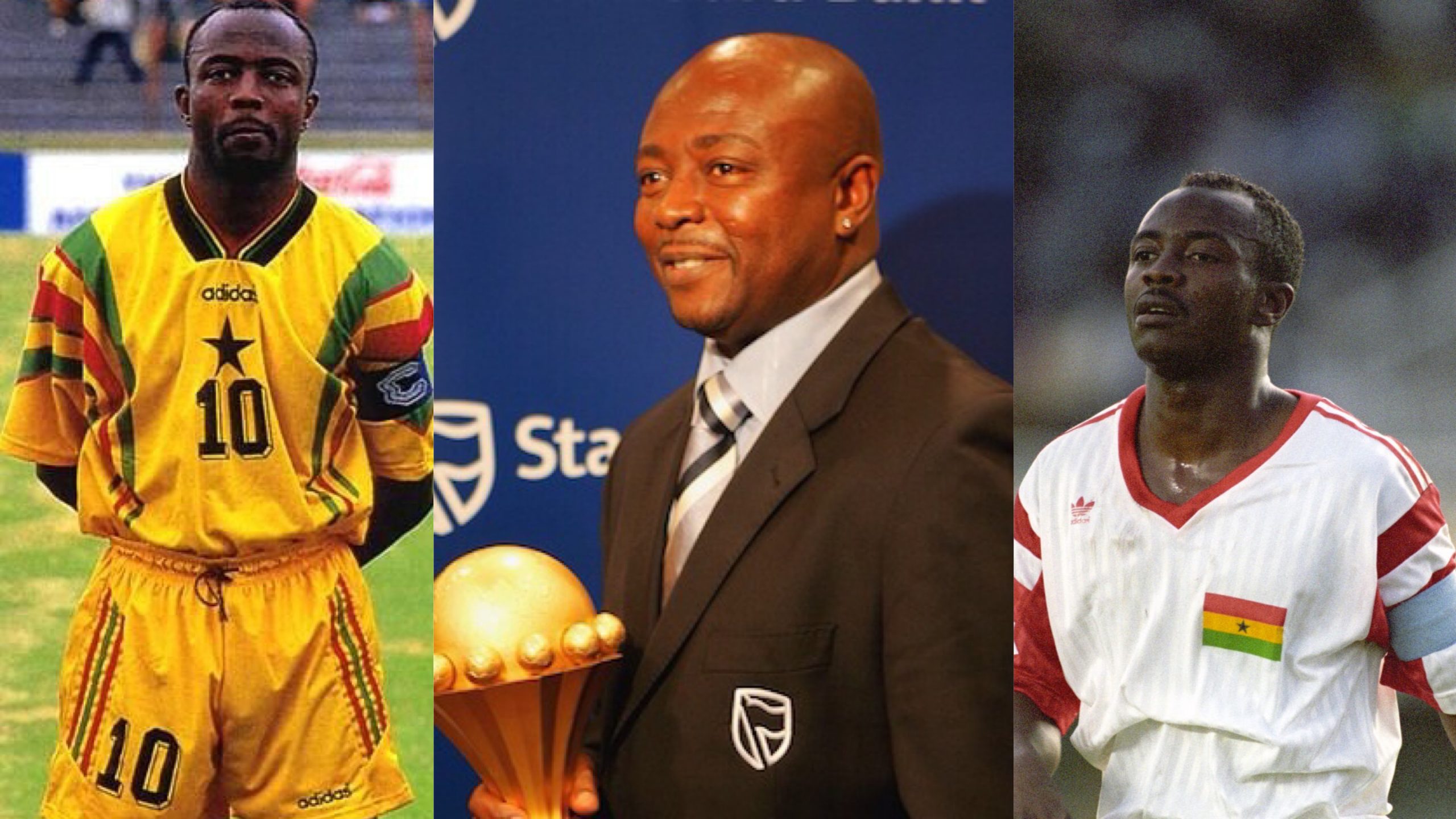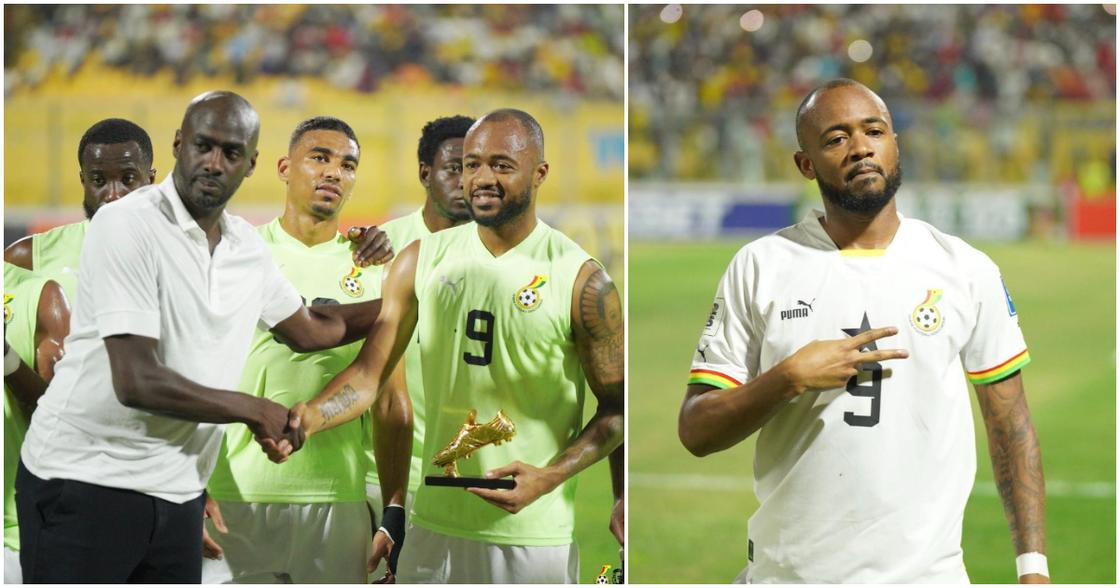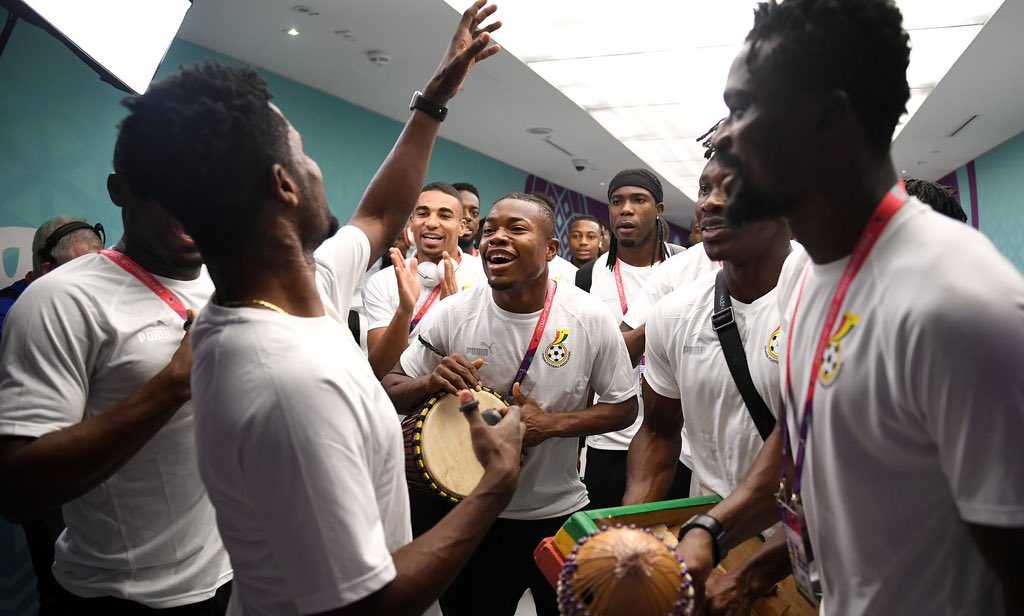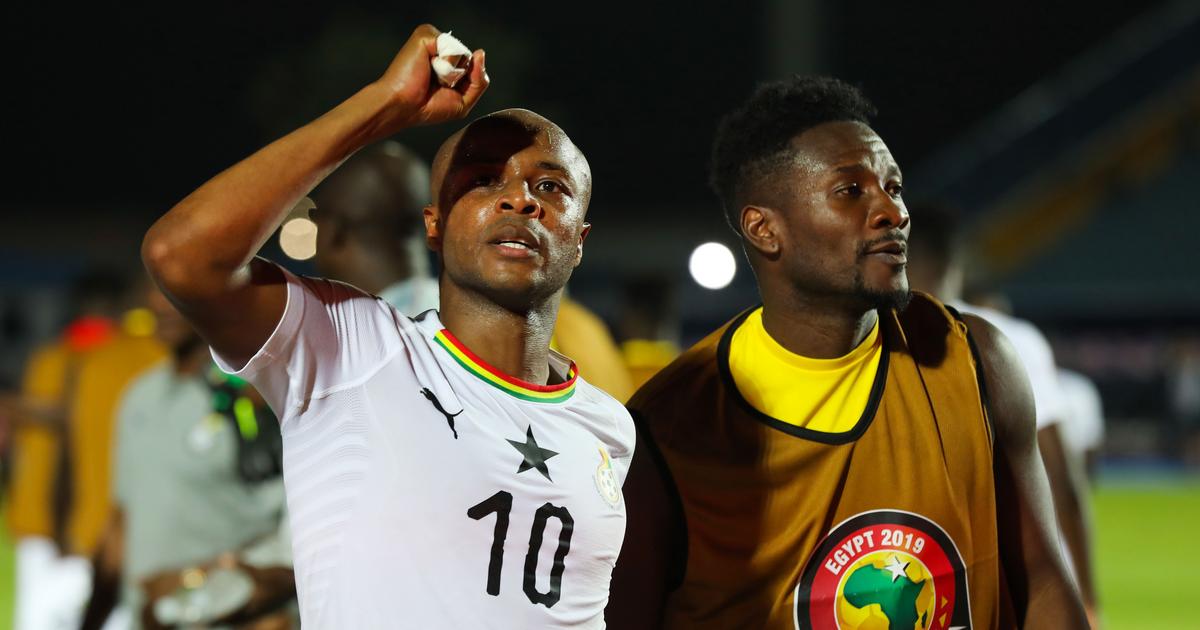The sperm of Abedi Pele need to be kept to produce talents in Ghana – One Man supporter suggests.

The recent suggestion by Ghanaian football supporter Abraham Boakye, popularly known as “One Man Supporter,” to preserve the sperm of legendary footballer Abedi Pele for the purpose of producing future generations of talented footballers has sparked a debate about ethics, practicality, and the future of sports. While the proposal stems from a genuine desire to see Ghana replicate Pele’s success, it raises complex questions that deserve thoughtful examination.
Understanding the Proposal: A Desire for Continued Excellence
Boakye argues that Pele’s genes, demonstrated through the talent of his sons Andre and Jordan Ayew, hold the key to unlocking future footballing success for Ghana. He proposes that the government reach an agreement with Pele to preserve his sperm and use it for artificial insemination, aiming to produce a generation of players with the potential to emulate his legendary achievements.
While Boakye’s intentions appear well-meaning, the proposal raises a number of ethical and practical concerns that need to be addressed:
Ethical Considerations: Navigating the Boundaries of Consent and Control
Foremost among these concerns is the issue of consent. Would Pele freely and willingly participate in such a program, knowing that his genetic material could be used for the purpose of creating children? Would he have any control over the selection of partners or the upbringing of the resulting children?
Furthermore, the proposal raises questions about the commodification of human genetic material and the potential for exploitation. Would such a program exploit Pele’s legacy, reducing his contribution to the sport to simply his genetic makeup? Would it create a precedent for the exploitation of other athletes’ genetic material?
Practical Considerations: The Scientific and Social Realities of Sperm Donation
Beyond the ethical concerns, the proposal also faces significant practical challenges. The scientific success of sperm donation, particularly with a donor of Pele’s age, is not guaranteed. Additionally, ensuring the nurturing environment and training opportunities necessary for talented children to reach their full potential is a complex and demanding task.
Moreover, the social implications of such a program are far-reaching. Would children born through this process face undue pressure to live up to their father’s legacy? Would they have the freedom to pursue their own desires and interests?
Seeking Alternatives: Investing in Development, Not Selective Genetics
Instead of focusing on genetic engineering, Ghana’s football future would be better served by investing in comprehensive talent development programs. This includes improving coaching infrastructure, providing access to quality training facilities and equipment, and fostering a culture that prioritizes sports education and fair play.
Such investments would benefit a wider pool of young players, promoting inclusivity and offering opportunities for individuals with diverse backgrounds and abilities. By fostering a nurturing environment that encourages hard work, dedication, and a love for the game, Ghana can create a path for future success without resorting to selective genetics.
The Path Forward: A Balanced Approach to Footballing Development
The desire to see Ghana maintain its footballing prowess is understandable. However, seeking to achieve this through the controversial and ethically ambiguous method of preserving Abedi Pele’s sperm is not the answer. Instead, Ghana must focus on building a robust football development ecosystem that nurtures talent, promotes fair play, and embraces the diversity of its youth.
By prioritizing development over genetic engineering, Ghana can build a sustainable and inclusive future for football, ensuring that the next generation of stars emerge not from a lab, but from the passion, dedication, and love for the game that resonates with young players across the nation.
This is the path Ghana should choose, a path that honors Abedi Pele’s legacy not by replicating his genes, but by inspiring future generations to achieve greatness through their own hard work and talent.





